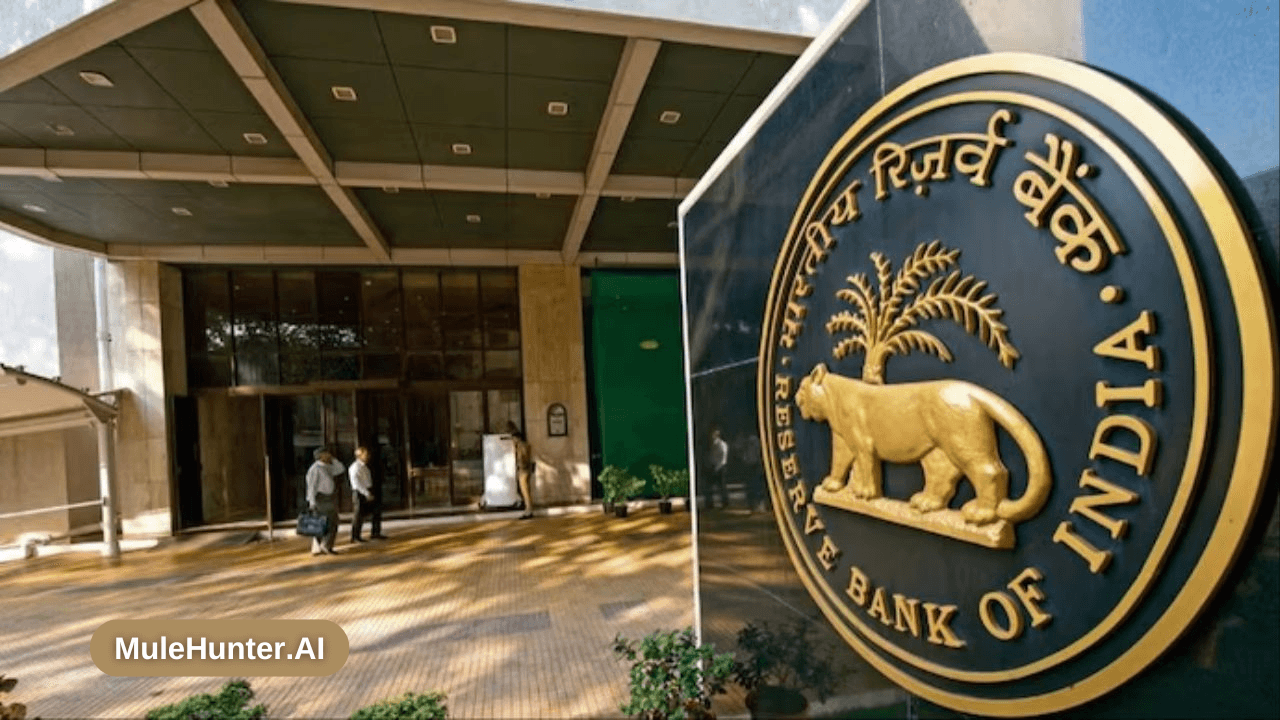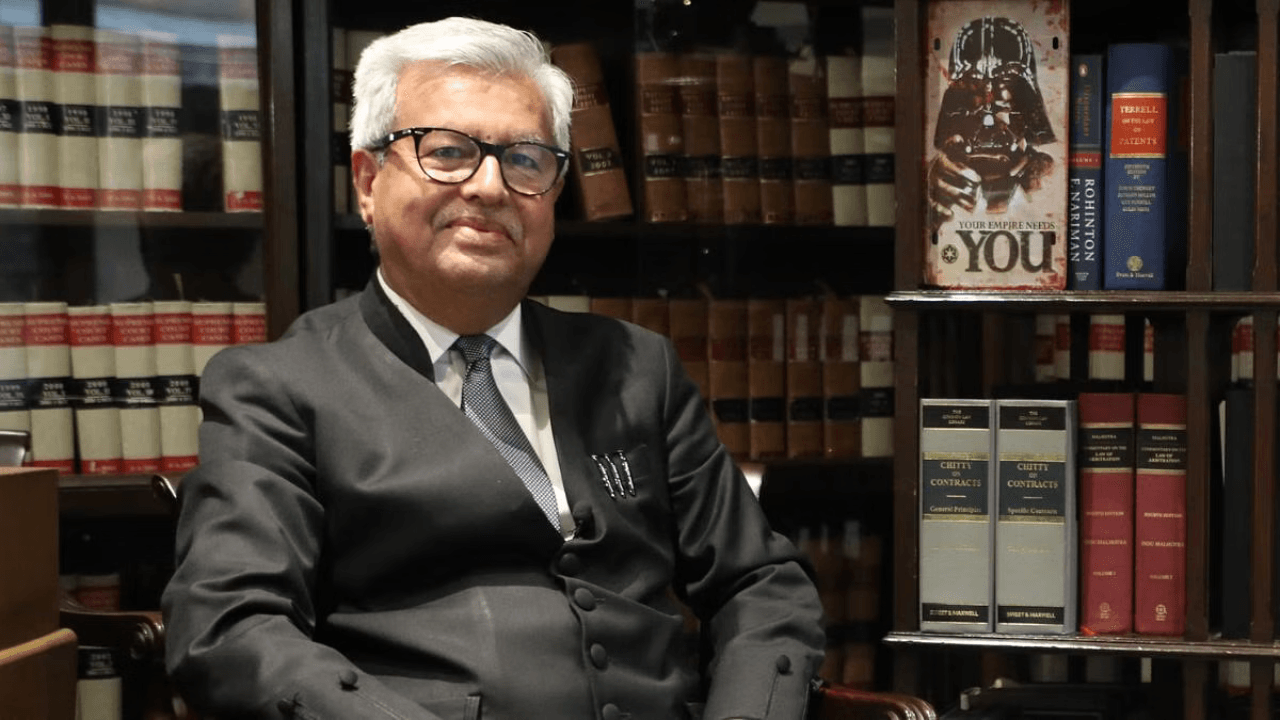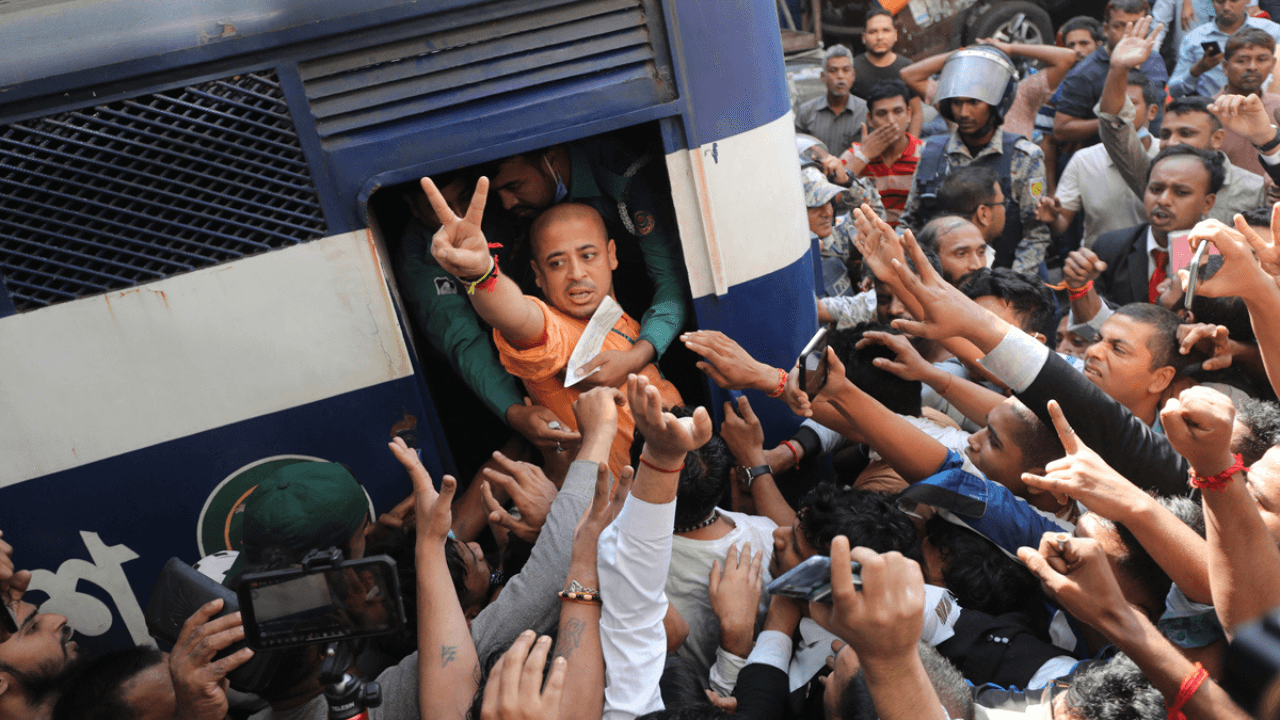WhatsApp LLC and its parent company, Meta (formerly Facebook Inc.), have approached the Delhi High Court to contest the Information Technology Rules introduced in 2021. These rules mandate social media intermediaries to trace chat messages and identify the first originator of information on their platforms. The case has been scheduled for hearing on August 14 by a bench led by Acting Chief Justice Manmohan.
Encryption Controversy
During the court proceedings, WhatsApp’s counsel expressed the platform’s firm stance on privacy and encryption. The lawyer stated, “As a platform, we are saying, if we are told to break encryption, then WhatsApp goes.” This bold declaration highlights the potential exit of WhatsApp from the Indian market should the enforcement of these rules compromise its encryption protocols.
Privacy vs Security
The Indian government asserts that the ability to trace the originators of messages is crucial for national security and combating misinformation. However, WhatsApp argues that this would infringe on user privacy and that the rule was implemented without adequate consultation. “There is no such rule anywhere else in the world. Not even in Brazil,” added WhatsApp’s lawyer, emphasising the uniqueness of the Indian regulation.
Global Debate
The demand to bypass end-to-end encryption has been a contentious issue globally, with various law enforcement and legal entities citing the need to trace the origins of criminal activities like child abuse, fake news, and more. However, WhatsApp and other tech companies have consistently resisted these demands, citing user privacy concerns.
Regulatory Background
The Information Technology (Intermediary Guidelines and Digital Media Ethics Code) Rules, 2021, were announced on February 25, 2021. These rules require large social media platforms such as Twitter, Facebook, Instagram, and WhatsApp to adhere to new compliance measures. The Supreme Court of India has consolidated several petitions challenging these rules and transferred them to the Delhi High Court for a unified hearing.
Ongoing Dialogue
A WhatsApp spokesperson stated, “We have consistently joined civil society and experts around the world in opposing requirements that would violate the privacy of our users. In the meantime, we will also continue to engage with the Government of India on practical solutions aimed at keeping people safe, including responding to valid legal requests for the information available to us.”












